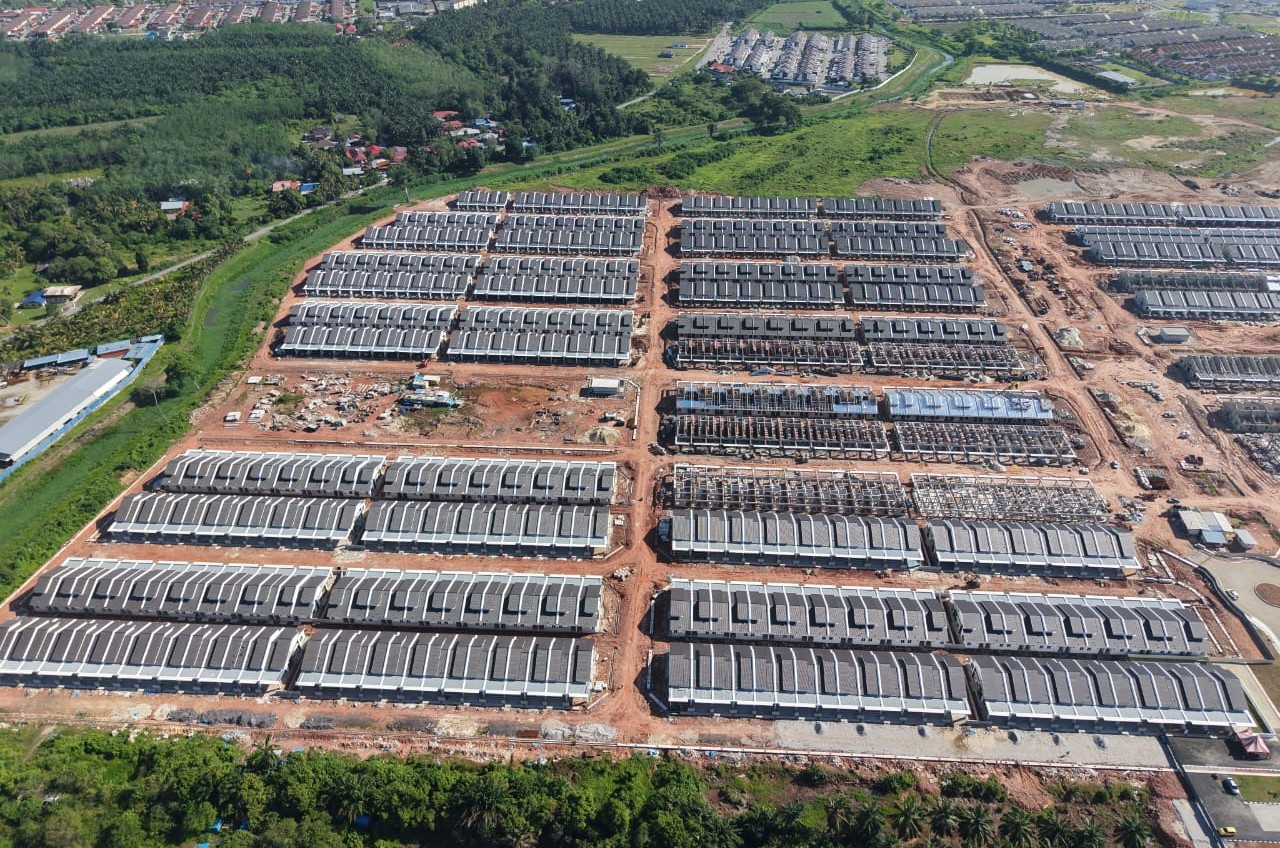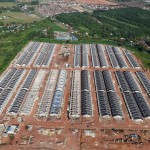Malaysia’s Q1 GDP grows 4.4% amid strong domestic demand and export challenges
Malaysia’s economy grew 4.4% in the first quarter of 2025, supported by resilient household spending, a firm labour market, and steady export performance, Bank Negara Malaysia (BNM) announced today. The figure confirms earlier estimates, though it reflects slight moderation from the previous quarter.
Private consumption remained a key driver, expanding 5% year-on-year from January to March, slightly below the 5.3% growth in Q4 2024. BNM attributed the sustained household spending to positive employment conditions and supportive policy measures, including higher minimum wages and revised civil servant salaries.
Private investment rose 9.2%, driven by expenditure on structures and equipment, though this marked a slowdown from the 12% growth in the prior quarter. Public investment outpaced private inflows, growing 11.6% versus 10% previously.
Export growth, however, slowed significantly to 19.6% from 63.6% in Q4, due to weaker mining exports. BNM warned of ongoing trade uncertainties linked to the US’s “Liberation Day” tariffs, introduced by President Donald Trump, which could further dampen trade outlooks.
BNM Governor Datuk Seri Abdul Rasheed Ghaffour said the bank is reviewing its 2025 growth forecast, currently estimated between 4.5% and 5.5%, with a revised figure expected within two months. The outcome of ongoing trade negotiations between Malaysia and the US will be a key determinant.
Around 68% of Malaysia’s exports are subject to the new tariffs, though about half—primarily electrical and electronics products—are exempted. Should talks fail, BNM anticipates softer domestic spending and investment, especially given that 30% of labour income and 20% of employment are tied to export-driven sectors.
Despite external risks, the central bank maintained that Malaysia is “facing these challenges from a position of strength” and expects household consumption to continue supporting growth.
Inflation cooled in the first quarter, with headline inflation easing to 1.5% from 1.8% in the previous quarter. This was largely due to a decline in utilities inflation to 3.0%, following the fading impact of earlier tariff adjustments and electricity price hikes for high-usage households.
While headwinds persist, particularly on the trade front, Malaysia’s strong domestic fundamentals provide a cushion against global uncertainties.

















